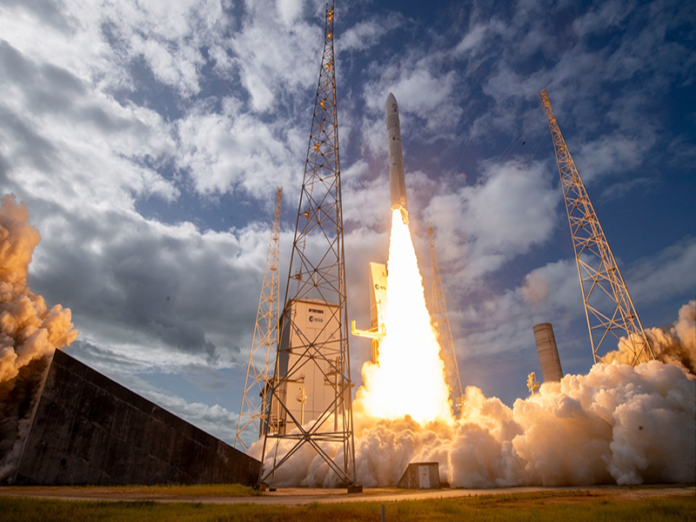The European Space Agency & ArianeGroup Celebrates Tuesday’s Successful Launch Of Ariane-6
Friday, July 12, 2024, 9:30 A.M. ET. 3 Minute Read, By Ryan Metz: Englebrook Independent News,
KOUROU, GF.- On Tuesday, July 9, 2024, the European Space Agency (ESA) celebrated a significant milestone with the successful launch of the Ariane 6 Rocket, marking its maiden flight from Guiana Space Centre in Kourou, French Guiana. This highly anticipated event begins a new era in European space exploration and commercial satellite deployment.
The Ariane 6 rocket, developed by ESA and its primary contractor ArianeGroup, lifted off at 14:00 UTC, carrying a payload of test satellites designed to validate the rocket’s performance across a range of mission parameters. The launch proceeded without issue, culminating in the successful deployment of 2 of 3 payloads into their intended orbits.
The Ariane 6 aims to offer more cost-effective and flexible access to space compared to its predecessor, the Ariane 5. It features a modular design with two configurations: Ariane 62, with two solid rocket boosters, and Ariane 64, with four boosters.
This modularity allows the rocket to handle a wide range of missions, from medium-lift to heavy-lift operations. “We are incredibly proud of today’s successful launch,” said Daniel Neuenschwander, ESA Director of Human and Robotic Exploration. “Ariane 6 is a game-changer for Europe’s space capabilities, offering unmatched versatility and cost-efficiency.” This cost efficiency is estimated to reduce launch costs by up to 50%.
Although the Ariane-6’s modular aspects allow for flexibility in the payload it can launch, critics have pointed out that it will still be more costly than Space X launches since Space X rockets are reusable. “Ariane 6 is no longer competitive with Falcon 9. This we have to face,” said Toni Tolker-Nielsen, a Danish veteran of the European Space Agency tasked with turning the struggling Airane program around.
The difference in cost-effectiveness essentially comes down to the difference in the amount of launches expected. In 2023, Space X had 96 launches and expected a similar amount by year-end. Contrast that with the 9 launches planned by the ESA for the same year. “If you have 10 flights per year and you are only building one new launcher per year, then from an industrial point of view, that’s not going to work,” said Jan Womer, who ran the European Space Agency between 2015 and 2021.
Still, this can be considered a win for the ESA and its partner European countries. “The success of Ariane 6 underscores Europe’s commitment to maintaining independent access to space,” stated Andre-Huber Roussel, CEO of ArianeGroup. “This rocket will ensure that Europe remains at the forefront of space exploration and satellite deployment.”


